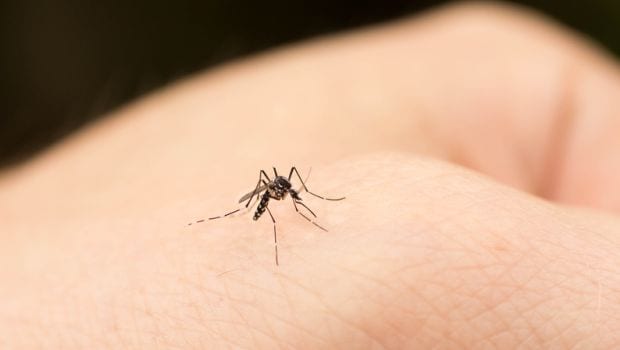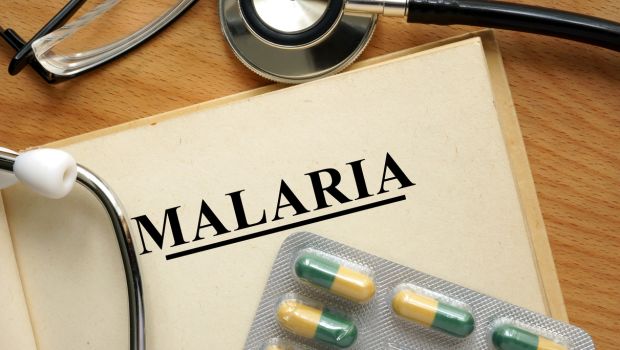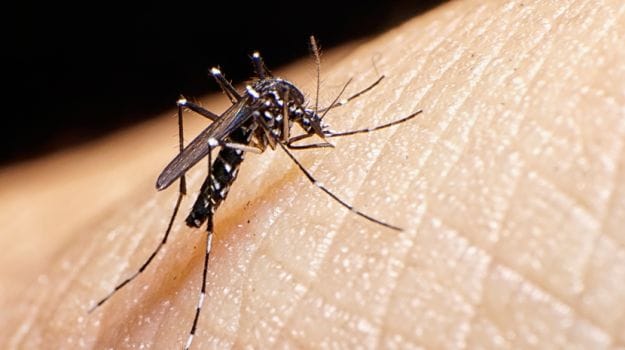"To our knowledge, this is the first report of dried-leaf Artemisia annua controlling ACT-resistant malaria in humans," experts noted, reported by PTI.
All patients showed symptoms of malaria and were originally treated with the recommended medication - artemisinin-based combination therapy (ACT). The therapy blends artemisinin, a chemical extract from Artemisia annua, with one or more other drugs that attack the malaria parasite in different ways.(Also Read: Nearly 95% of India Lives in Malaria Endemic Areas)

The results, published in the journal Phytomedicine, suggest a new and inexpensive treatment option for the mosquito-borne disease that affects 212 million people worldwide. Malaria is reported in close to 100 countries and threatens nearly half of the world's population.
The patients were batting with sever illness yet came back to health with the help of the drug, "even the child who had lapsed into a coma has recovered. It's a small study, but the results are powerful," experts added. Laboratory tests showed reported no parasites remaining in their blood.
Artesunate is one of the front-line medications for severe malaria. All patients were treated with intravenously administered artesunate. Experts then turned to dried-leaf Artemisia, a therapy developed by Pamela Weathers, Professor at Worcester Polytechnic Institute (WPI) in Massachusetts, US.(Also Read: These African Nations Will Test the First Ever Malaria Vaccine)

The trial offers hope to address the growing problem of drug-resistant malaria. In 2015, the global tally of malaria reached 429,000 malaria deaths and 212 million new cases, according to the World Health Organization. The apex health governing body has also reported a growing trend of Artemisinin resistance in countries like Cambodia, Laos, Thailand, Vietnam and Myanmar. Artemisinin forms the core of most combination treatments recommended by WHO to treat uncomplicated malaria. ACT, the current recommended therapy, is expensive to produce and is in short supply in areas hit hardest by the disease. Dried leaf therapy can therefore come handy in treating the debilitating disease in many malaria endemic regions.
Inputs from IANS and PTI









